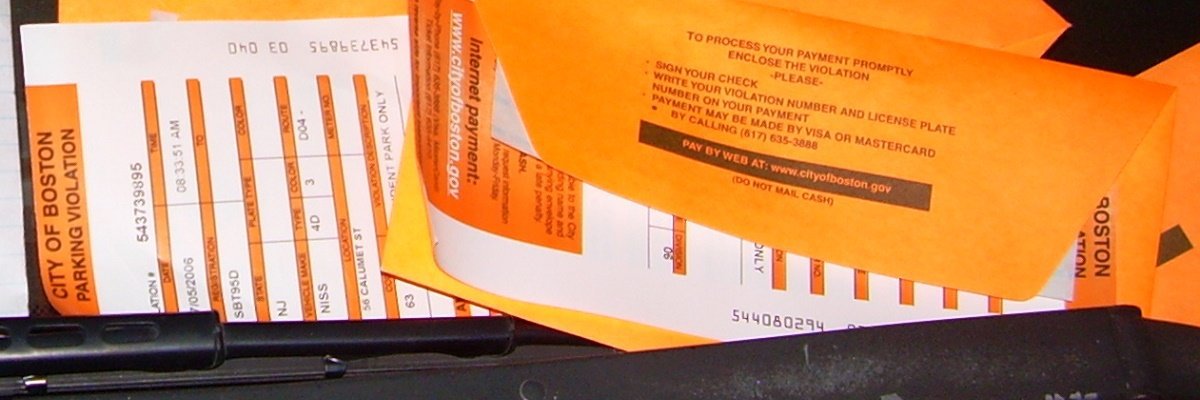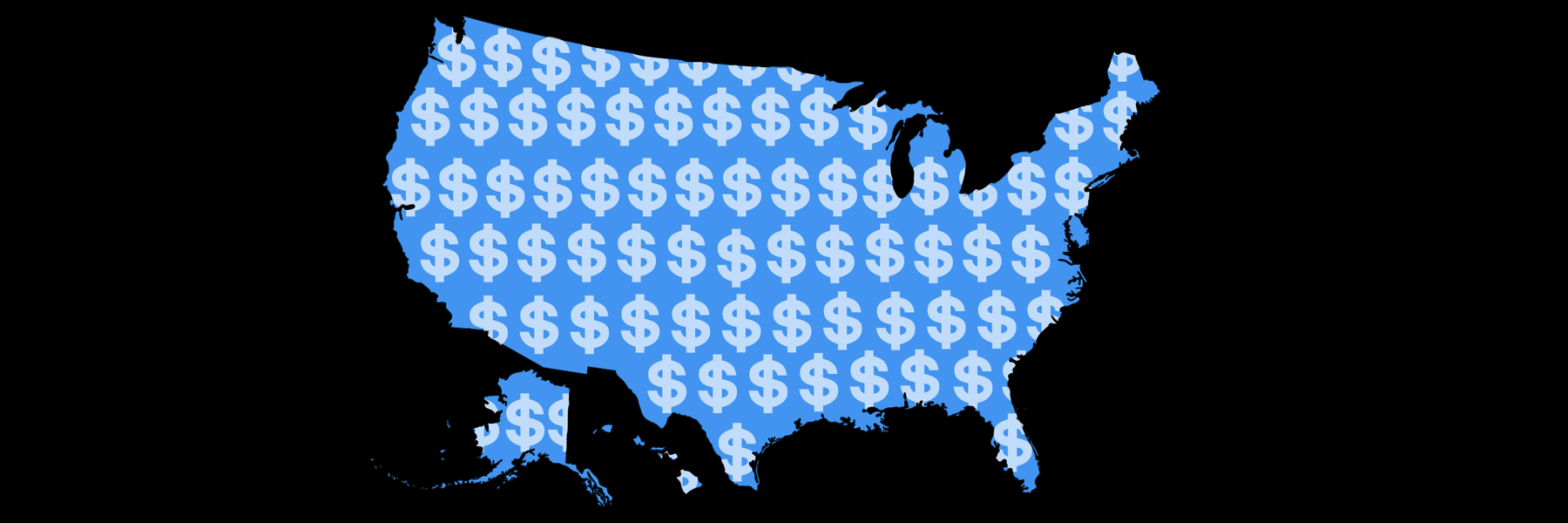A version of this article appears on Sunlight Foundation
For the past year, Sunlight has been actively exploring the landscape of U.S. criminal justice data.
It’s been an eye-opening experience.
Through our national survey of data availability, we’ve looked at what data is available online across all 50 states and many of the country’s cities. This is the most important place to look for this data, since most U.S. criminal justice programs - whether law enforcement, courts, corrections or related services - are administered by state and local governments.
One key dataset for accountability is collected local information about local court fees and fines. Data about local court fee and fines provides essential insight into the ways that localities may be engaging in “profit-based policing” - the practice of setting arrest and court policies with an eye to maximizing the fees and fines that police and courts can collect from the population.
Understanding whether a community depends on revenue from court fees and fines helps to answer persistent questions about whether a police force’s policies exist in order to to keep a community safe - or to meet their ticket quotas. The practice of jailing people simply for failing to pay fines is an increasingly common tactic that some describe as our modern-day debtors’ prison, and it is quite clearly linked to the serious local priority placed on collecting those fines. The shocking examples of abuses in aggressive revenue collection - such as a court demanding blood from prisoners who could not pay their court fees - suggest how many things there are to learn in this area.
Now, while information about court fees and fines - an official and budgeted source of local revenue - is public, it is often not easily available, and certainly not available in ways that it becomes easy to compare over time. Meanwhile, getting better at identifying and ameliorating this problem is essential to improving police-community relationships nationwide.
Sometimes, we know, when the data does not come to you easily, you must encourage it along. As a way to address the need to make local court revenue data better available, Sunlight is partnering with MuckRock, to create a repository of information about local court fees and fines. We’re starting by making public records requests of 100 large and mid-sized cities, seeking detailed logs of court fees and fines paid, any appeals of those fines, and information about the private vendors who sometimes manage court fee and fine processes.
In addition, if you want to support our work to make information about court fees and fines available, you can do so directly! Our work with MuckRock is being crowd-funded through the project’s homepage. Your support will make it possible to fund more public records requests and more analysis, so please consider contributing if this is an area that matters to you.
This piece is part of Blank Check: The For-Profit Policing Project




